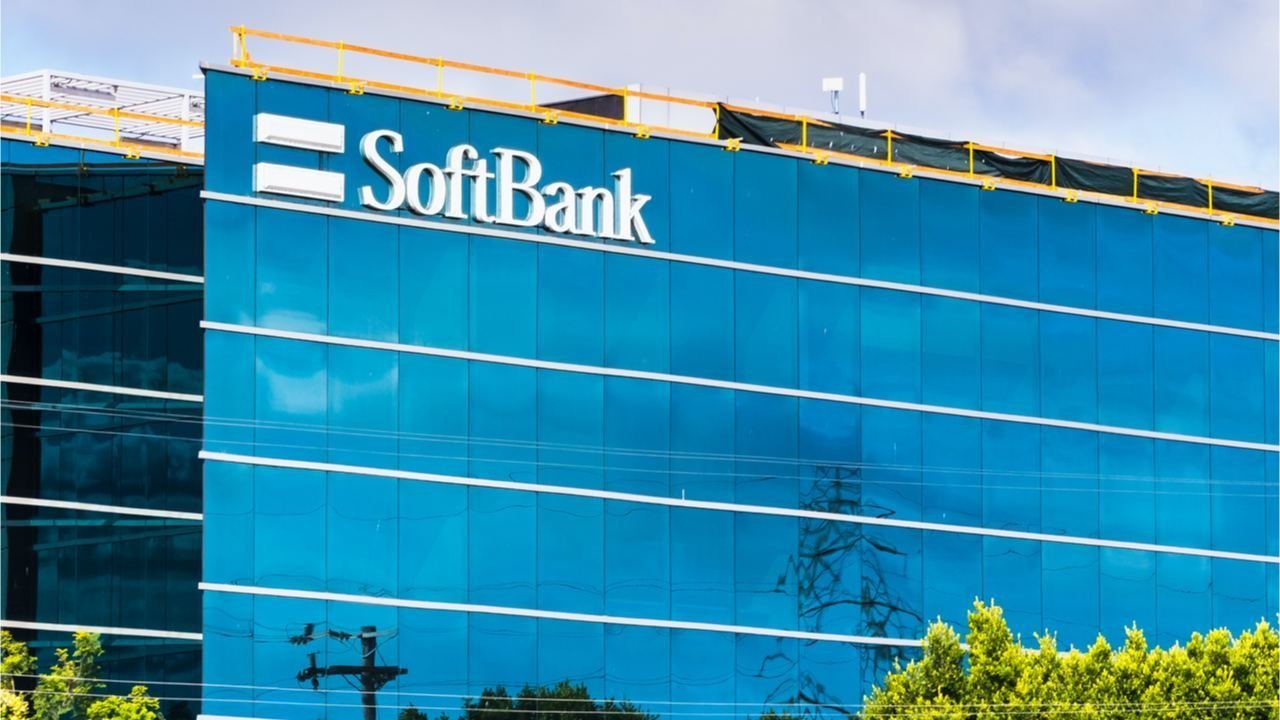Softbank’s Internet Firm Z Holdings Plans to Launch NFT Mall in 180 Countries – Z Holdings, the internet division of Softbank, the Japanese conglomerate holding firm, plans to establish a global non-fungible token (NFT) marketplace.
The “NFT Mall” from Z Holdings seeks to attract Web3, metaverse, and NFT patrons from 180 countries by leveraging the company’s Paypay service.
According to a Bloomberg interview with Softbank’s internet firm Z Holdings’ co-CEO Kentaro Kawabe, the company wants to build an NFT marketplace called “NFT Mall.” Last year, the parent business of the company merged Line and Yahoo Japan into Z Holdings. According to Kawabe’s comments in the interview, Z Holdings intends to use Web3, metaverse, and NFT to boost the company’s growth.
Also Read: Pakistan’s Central Bank Sees Few Good Use Cases for Crypto Citing ‘a Lot of Misuses’ Worldwide
“It’s likely that Web3 may usher in a future where life is entirely different, and we don’t want the company to miss out on the big growth opportunity,” said Kawabe, Z Holdings’ co-chief executive officer, during the interview. “We will not hesitate to pursue merger and acquisition opportunities to expand our presence,” the co-CEO added.
Z Holdings’ debut into the NFT area comes on the heels of Rakuten, the Japanese online retailer, creating its own NFT platform. Rakuten announced after the debut at the end of February that a peer-to-peer service for minting and selling NFTs would be available next year.
Opensea, Rarible, Looksrare, Magic Eden, Coinbase, FTX, and Crypto.com are among the NFT marketplace competitors.
Also Read: AMC Theatres to Accept Dogecoin and Shiba Inu Payments
Softbank’s Internet Firm Z Holdings Plans to Launch NFT Mall in 180 Countries – According to reports, Z Holdings has set aside 500 billion yen ($5.9 billion) for five-year growth projects. Furthermore, Kawabe’s interview matches Softbank President and CEO Junichi Miyakawa’s remarks in his New Year’s address for 2022.
Miyakawa mentioned the metaverse in his New Year’s address, insisting that the concept will become a “wellspring that generates new services and business models.”




